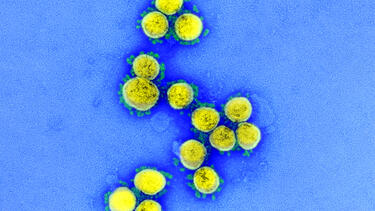Research
Can Legalizing Cannabis Curb Deaths from Opioids?
A new study co-authored by Yale SOM’s Balázs Kovács uses new data to uncover a striking association: the more legal cannabis dispensaries there are in a given county, the fewer opioid overdoses.

How Firms Can Harness Internal Competition
A new study finds that pitting teams against each other is effective in clarifying the way forward. But once a decision is made about which path to pursue, everybody must rally around the chosen idea—and not look back.
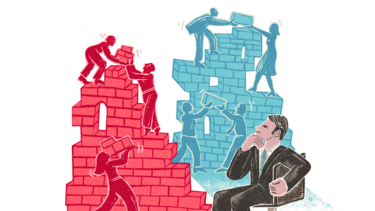
A Key Factor in Well-Being: Others’ Apparent Wealth
Money may not lead to happiness, but according to a new study co-authored by Yale SOM’s Michael Kraus, our perceived wealth and status relative to others does affect how happy we are.

‘Snapshots’ of Migrants in Mexico Suggest U.S. Undocumented Population Is Much Larger than Previous Estimates
A new study from Yale SOM’s Edward Kaplan and Scott Rodilitz, making use of data on migrants who have returned to Mexico, suggests that there are an estimated 19.6 million undocumented immigrants in the United States.

How Systems Thinking Can Help Stop Neglected Tropical Diseases
Despite being easy and inexpensive to treat, a group of common bacterial and parasitic infections kill hundreds of thousands of people in tropical countries each year. In a new paper, Yale SOM’s Teresa Chahine and her co-authors map the complex system of stakeholders surrounding the diseases and identify key leverage points for making progress.
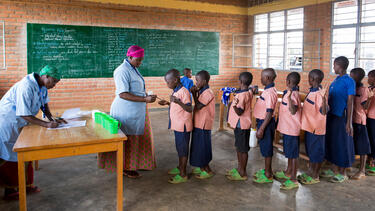
Weakening Unions Can Lead to Gender Gap in Wages
In 2011, legislation in Wisconsin reduced the power of unions to negotiate teachers’ salaries. Within five years, male teachers started earning more than women did.
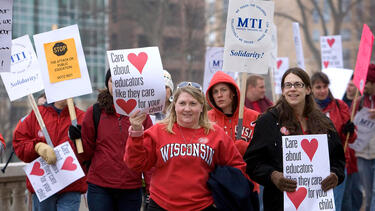
Study Shows Which Restrictions Prevent COVID-19 Fatalities—and Which Appear to Make Things Worse
New research from Yale SOM’s Heather Tookes and Matthew Spiegel finds that mask mandates, closing restaurants, and stay-at-home orders are all effective at saving lives, but other commonly used measures can actually worsen the spread of the pandemic.

No Matter What We Earn, We Believe Our Richer Neighbors Have More to Give
According to a new study co-authored by Yale SOM’s Gal Zauberman, people of a wide range of income levels believe that they are giving what they should to charity—but that even richer people have more spare income and a greater obligation to give.
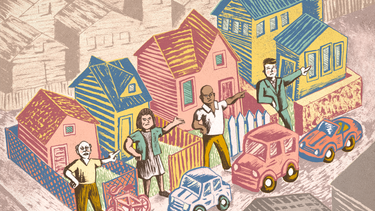
What Can Smartphone Location Data Tell Us about the Pandemic?
Yale SOM’s Kevin Williams and his co-authors used cellphone location data to create a data set tracking movement during COVID-19, which is publicly available for researchers.

Testing Sewage Can Provide an Early Warning of COVID-19 Outbreaks
Earlier this year, a team of Yale researchers showed that the concentration of COVID-19 RNA in sewage mirrors the spread of the disease through a population. In a new study, they find that testing sewage can serve as an early indicator of an outbreak relative to hospitalizations.
